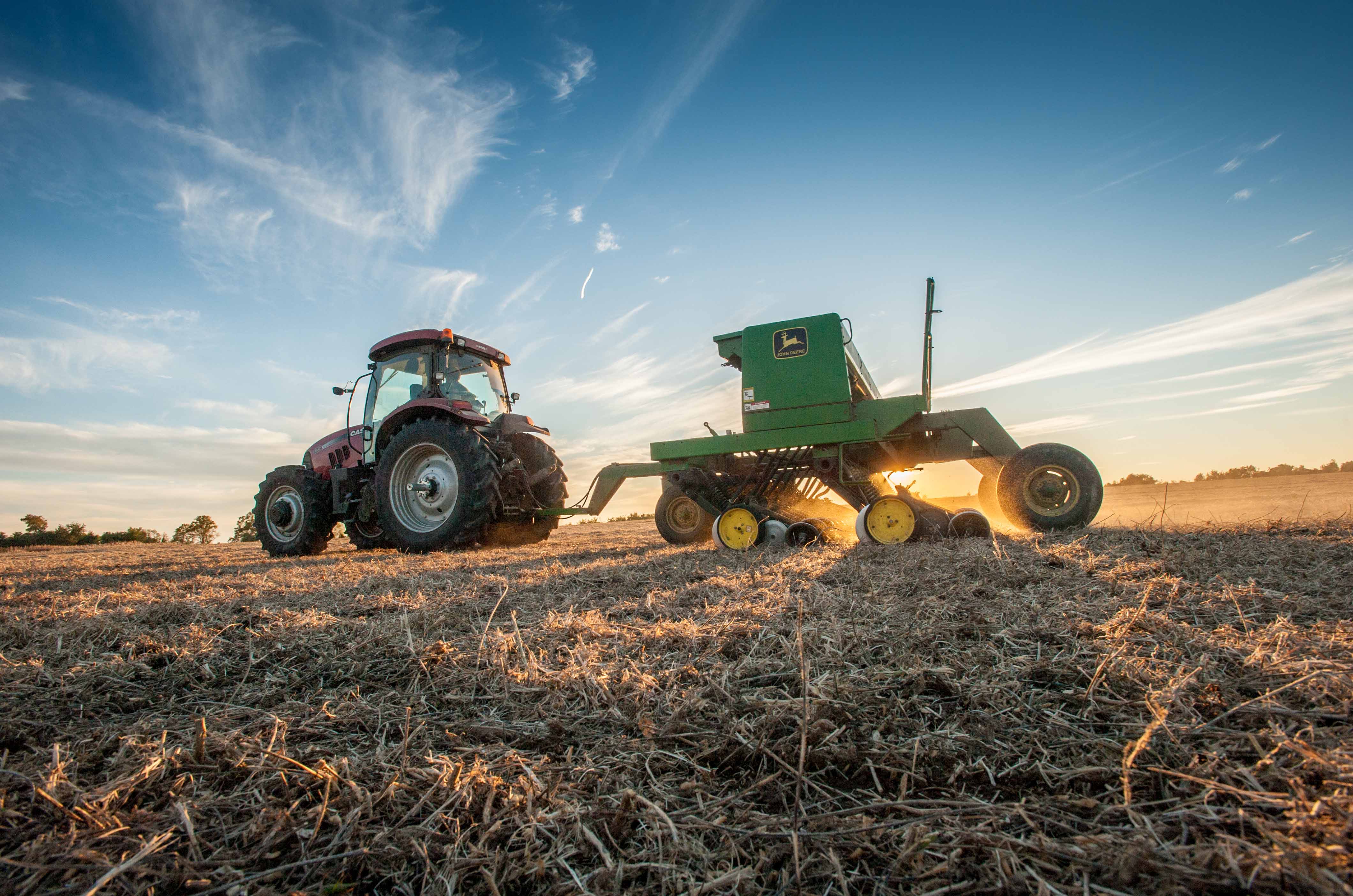Maryland Agriculture's WIP for the Chesapeake Bay
Main_Content

In 2010, the U.S. Environmental Protection Agency (EPA) under the authority of the Clean Water Act established pollution limits for the Chesapeake Bay called the Total Maximum Daily Load. These limits represent the maximum amount of nutrients and sediment that the Bay can receive and still meet water quality standards. The six Bay states and the District of Columbia are required to follow Watershed Implementation Plans (WIPs) outlining specific actions and strategies that they will take to achieve these pollution limits by 2025.
Current Status
To ensure that the Bay cleanup stays on track, a series of two-year commitments called milestones have been established. The midpoint assessment of the program’s progress through 2017 determined that Bay jurisdictions have made considerable progress in reducing pollution:
- Underwater grasses have exceeded 100,000 acres
- Important habitat for aquatic species is showing signs of resilience
- Water quality trends show consistent improvement in many watersheds throughout the Bay.
Additionally, 2018 represented the start of the final phase of the cleanup effort. In 2018, modeling tools used to gauge the cleanup’s progress were updated with the latest science. The updated model shows that while Maryland is on track to meet its phosphorus and sediment reduction goals, additional focus is needed to reduce nitrogen levels in the Bay.
Developing the Strategy
To develop the Phase II plan for Agriculture, the Maryland Department of Agriculture facilitated a series of local agricultural workgroup meetings in the summer and again in the fall of 2011 within each of Maryland's 23 counties. The agricultural workgroups were modeled after the Tributary Strategy Workgroups and included a broad spectrum of stakeholders that represented and specialized in working with the agricultural community. These special teams were led by the local soil conservation districts and focused on pollution reduction plans at the county level.
In 2018, Maryland began developing its Phase III Watershed Implementation Plan to address remaining nutrient reductions for the final phase of the cleanup. Similar to the Phase II strategy, the Maryland Department of Agriculture hosted meetings in every Maryland county during August and September to begin updating the plan. Again, diverse participants from agricultural, academic institutions, and non-profits were in attendance. All participants provided input on remaining feasible conservation practices that build on previous statewide and local efforts. The Phase III Watershed Implementation Plan will be completed and submitted for public comment in April 2019.
Progress in meeting the new Phase III strategies will be reported here once the final Watershed Implementation Plan is approved.
Conservation in Action
To meet the Bay cleanup goals, the department has developed a list of agricultural best management practices (BMPs) to help Maryland meet its milestone commitments. The Maryland Department of Agriculture along with its conservation partners, provides a number of financial and technical resources to the agricultural community to adopt conservation practices. The Maryland Agricultural Water Quality Cost-Share Program (MACS) is the primary state program that provides farmers with grants to help cover the cost to install BMPs on their farms to control soil erosion, manage nutrients and safeguard water quality.